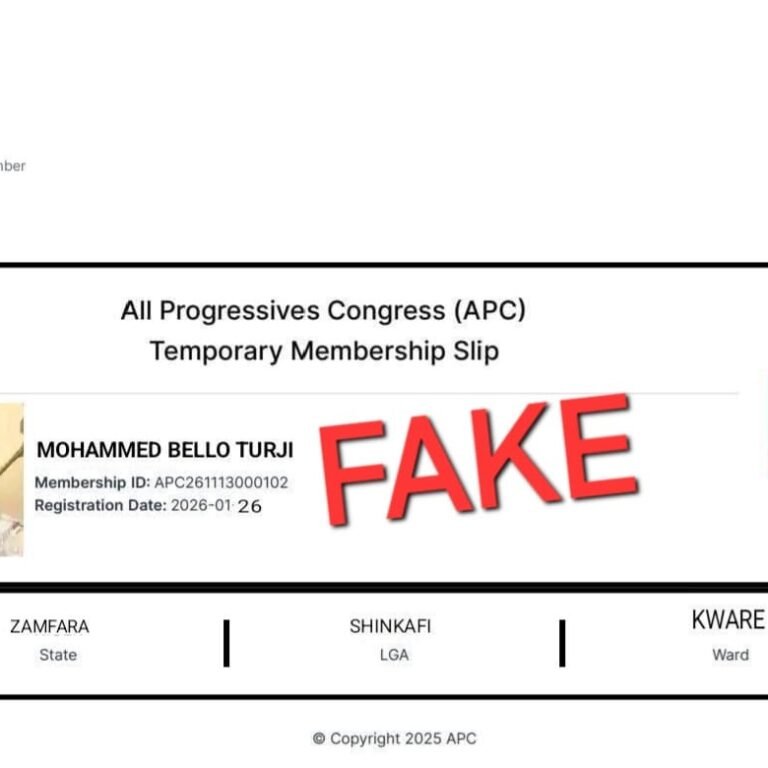
By Caroline Ameh, Editor citypost.ng
Senate on Thursday at plenary passed the outstanding two of the four Tax Reform Bills, having passed two of the bills on May 7.
The the two bills passed are the Joint Revenue Board Establishment Bill 2025 and the Nigerian Tax Bill, 2025.
The passage,followed the clause by clause consideration of recommendations of the Senate Committee on Finance on the bills.
President of Senate,Godswill Akpabio said the Nigeria Tax Bill 2025 consolidated the taxation legal frameworks in Nigeria.
According to him, the Joint Revenue Board Establishment Bill 2025 comprised the Tax Appeal Tribunal, and Office of the Tax Ombudsman, harmonization and coordination of revenue tax administration in Nigeria.
Akpabio commended the Finance Committee Chairman Sen.Sani Musa,members of the committee and the tax consultants for their inputs on the bills.
He also thanked lawmakers’ for their meticulous clause by clause consideration of the bills,saying that it has been a very rewarding week for the interest of Nigerians.
He said the passage of the bills was historic and for the benefit of the country.
The senate president expressed believe that the tax laws, when signed into law would bring more revenue to the nation, ensure justice in tax adminstration and ultimately accelerate development for the future generation of Nigeria.
He said the conference committee of the Senate and House of Representatives would harmonise the bills for onward transmission for presidential assent,adding that Nigeria would now have a modern tax system in line with best global practice on taxation matters.
Earlier the Senate Passes 2 Tax Reform Bills
The Senate has passed two out of the four Tax Reform Bills which are expected to overhaul Nigeria’s tax laws.
The lawmakers approved the bills following the consideration and adoption of the recommendations of the Senate Committee chairman Senator Sani Musa during the committee of the whole
The four key bills are the Joint Revenue Board (Establishment) Bill, 2025, the Nigeria Revenue Service (Establishment) Bill, 2025, the Nigeria Tax Administration Bill, and the Nigeria Tax Bill.
But out of the four, only the Bill to Repeal the Federal Inland Revenue Service Act and enact the Nigeria Revenue Service (Establishment) Bill, 2025 was approved
The second approved bill is the Nigeria Tax Administration Bill which is an Act to provide for the assessment, collection of and accounting for revenue accruing to the federation, federal, states and local governments.
“Prescribe the powers and functions of tax authorities and for related matters”.
Presenting the report, Sani said that the bills sought to reform Nigeria’s tax framework, strengthen institutions and enhance accountability and compliance.
Contributing, Deputy Senate President of Jibrin Barau congratulated the entire Senate and in particular, the Committee on Finance and the Elders Committee for the wisdom and leadership that has been shown in the passage of the bills.
“Initially, there were in disagreements and there were rancors here and there.
“But the Senate, standing on its position as the highest assembly in the land, decided to establish this committee, the Committee of Elders (Special Committee).
“To look at all those areas of contention and hear the views of religious leaders, regional organisations and other stakeholders.”
In his remarks President of the Senate, Godswill disclosed that the remaining two bills will be considered in plenary on Thursday.
He commended the committee on Finance and senators for a thorough job.
“He also expressed gratitude to the group of “elder senators” who collated and deliberated on areas of contention in the Tax Bill through meetings and consultation with dissenting voices.
Akpabio expressed optimism that the tax laws would revolutionalise and optimise tax collection across the country.
He expressed satisfaction that the passage of the bills have dispelled rumours that they were meant to serve the interests of a part of the country, adding that all Nigerians will benefit from them.









